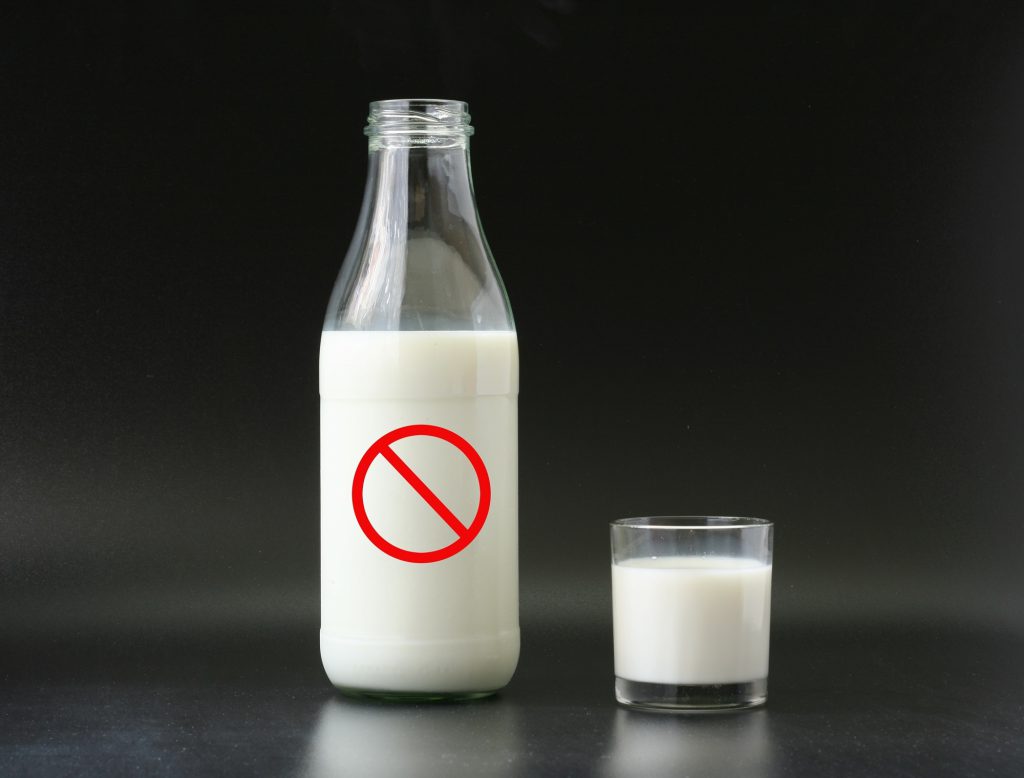Mini Lactose Intolerance Survival Guide
by Stephanie Koathes Jul 9, 2018

First things first.
What is lactose intolerance?
Lactose intolerance is the body’s inability to break down lactose, the sugar that occurs naturally in dairy products. It isn’t an allergy; it’s caused by low or absent levels of the enzyme called lactase, which breaks down lactose.
You can have low levels of lactose from a very young age (primary lactase deficiency), or you might be born without any lactase (congenital lactase deficiency). It can also develop from a gut infection or disruption (secondary lactase deficiency), like Crohn’s disease or surgery. However, age is most often to blame, as less lactase is produced as we age.
If you’re lactose intolerant…

You often feel bloated or ill after ingesting something containing lactose like milk, cheese, ice cream.
Your symptoms usually begin 30 minutes to two hours after you eat or drink milk products and may include:
- Bloating
- Pain or cramps
- Gas
- Loose stools or diarrhoea
- Throwing up
Some people who have lactose intolerance cannot digest any milk products. Others can eat or drink small amounts of milk products or certain types of milk products without problems.
Managing lactose intolerance

- Reduce the amount of lactose containing foods you consume, check labels and be aware of what you’re eating.
- Try a digestive enzyme containing lactase which will allow you to eat dairy products while keeping your symptoms in check.
- Incorporate other calcium-rich foods into your diet such as broccoli, bok choy, almonds, tuna, salmon, calcium-fortified drinks and cereals.
- Try goat’s milk. It’s rich in calcium and contains less lactose than cow’s milk. If that doesn’t sound like it’s for you go for lactose-free milk, almond, soy, rice, oat, coconut, hemp or any other dairy-free milk. There are tons!
- Lactose-free milk, cheese, yogurt, and even ice cream exist, so don’t fear!
Sources: WebMD, Medical News Today, Eating With Food Allergies, Dr Axe, Mayo Clinic








